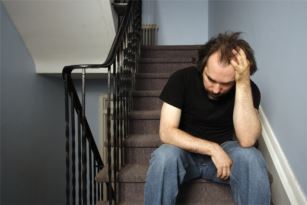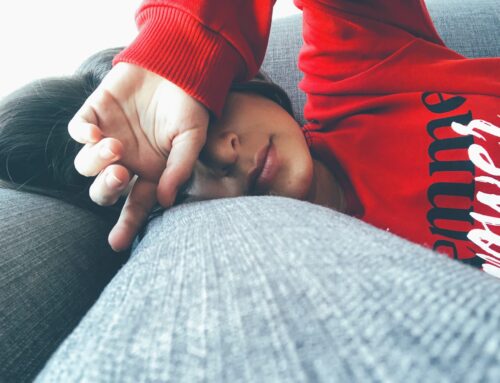We’ve recently had Mental Health Week, a wonderful national initiative aimed at raising awareness of mental health and wellbeing, as well as reducing stigma and supporting people to get assistance. While acceptance of mental health issues is improving, as a society we still have a long way to go and unfortunately many who need help still don’t seek it out. This is particularly true for men who often suffer in silence.
Depression is a serious condition and no one is immune. It does not discriminate on the basis of gender or factors such as economic or professional status. One in eight Australian men will experience depression at some time in their life, and men aged 35-44 years have the highest rates of depression. Overall, women experience greater rates of depression than men, but men tend to deal with the issue differently. Many men find it difficult to recognise and acknowledge that they are experiencing depression, and importantly, men are less likely to seek professional help.
So why is this? Most obviously, there is cultural pressure on men to fit the “bloke” stereotype which can make it very challenging to admit to any vulnerability, even for today’s generation of men. Many of our male clients describe the pressure they feel to appear strong, cope with problems on their own, and serve as “the provider”. Many feel uncomfortable sharing their feelings with others, especially their male friends.
Men can also tend towards a D.I.Y approach to life, believing they can fix everything themselves, including their mental health. Far from being a personal weakness, depression is a serious condition like other medical issues. Trying to fix it yourself is like trying to heal a broken leg without a surgeon.
Depression is very different than normal sadness or being down in the dumps. These are some of the warning signs to look out for in men who may be struggling with depression:
Physical signs:
- persistent pain
- reduced energy
- lower sex drive
- changes in appetite and/or weight
- changes to sleep
- increased use of alcohol and/or drugs
Emotional signs:
- feeling more guilty
- feeling more angry and irritable
- less interest in hobbies and previous interests
- lower motivation
- feeling down or nervous
- taking unnecessary risks
- thinking about death or suicide
If these symptoms are very serious or have persisted for more than two weeks, it’s probably time to get a professional opinion on the situation.
The good news is that help is available. Depression is highly treatable. For most people, depression can be reduced or eliminated through a combination of changes to lifestyle, psychological therapy and possibly medication. Beyond Blue’s “Man Therapy” website is geared at Aussie males, and is a good place to get more information. The Black Dog Institute’s website is also very useful. If you think you or someone you care about has depression, then do something about it. Leave the D.I.Y for your home maintenance rather than your mental health.
If you would like to discuss your circumstances with a trained psychologist please contact MyLife Psychologists today.
Written by Tal Schlosser, Clinical Psychologist






